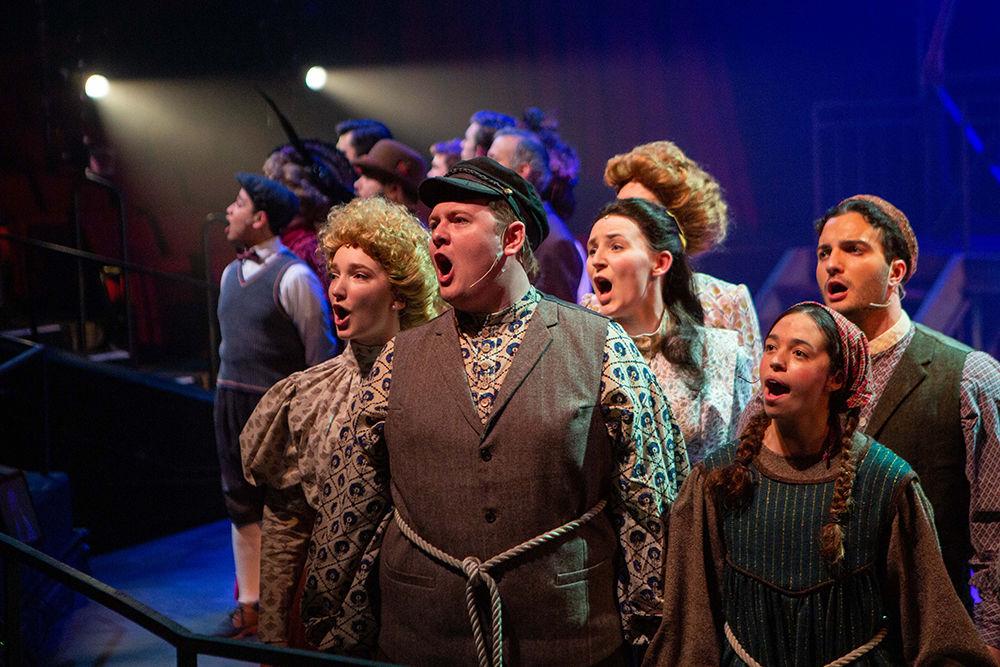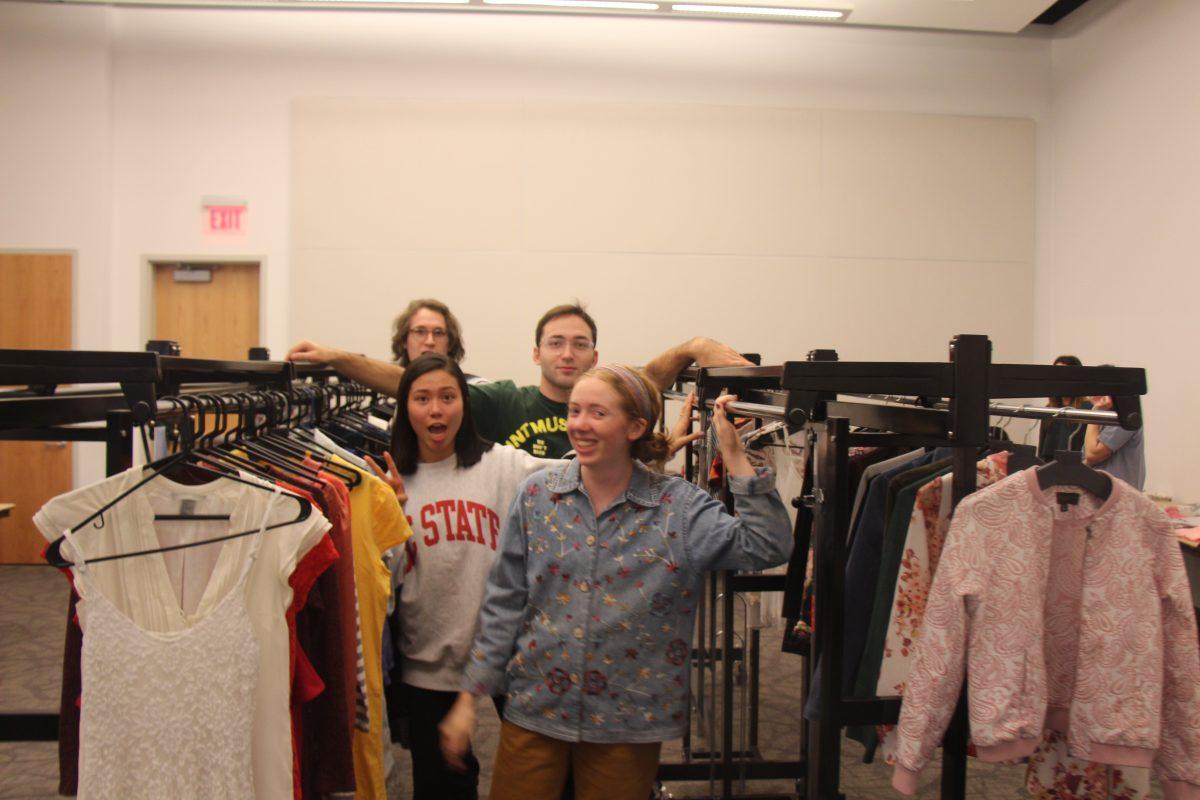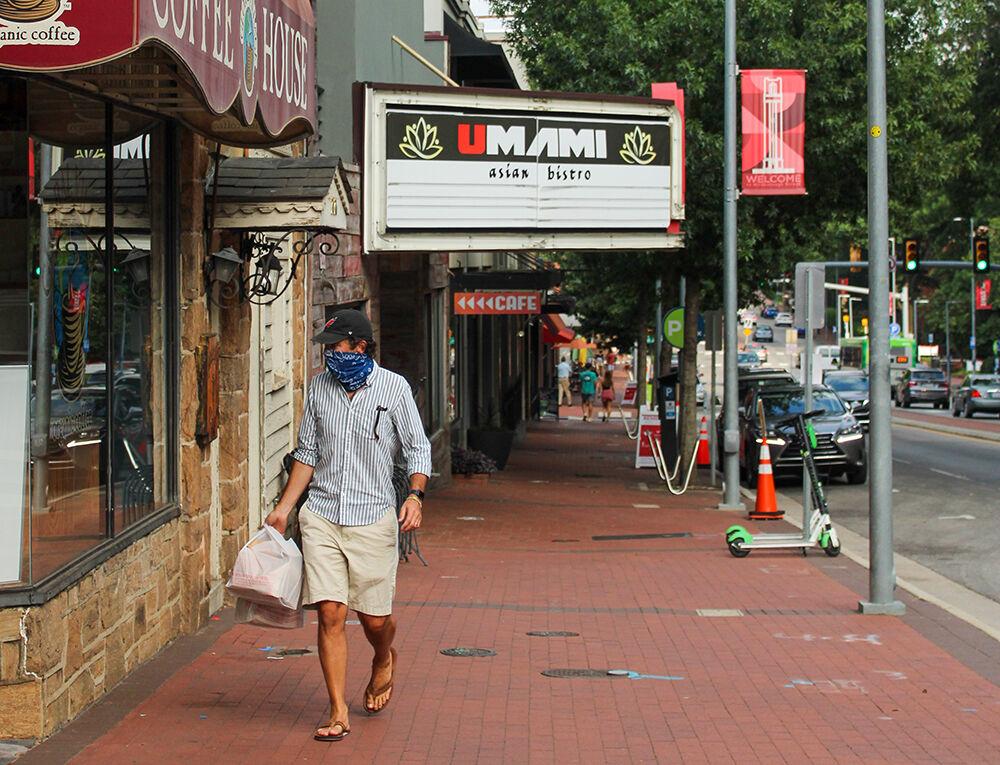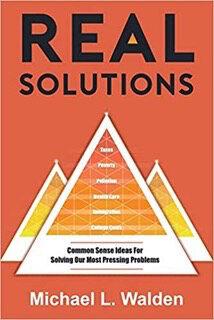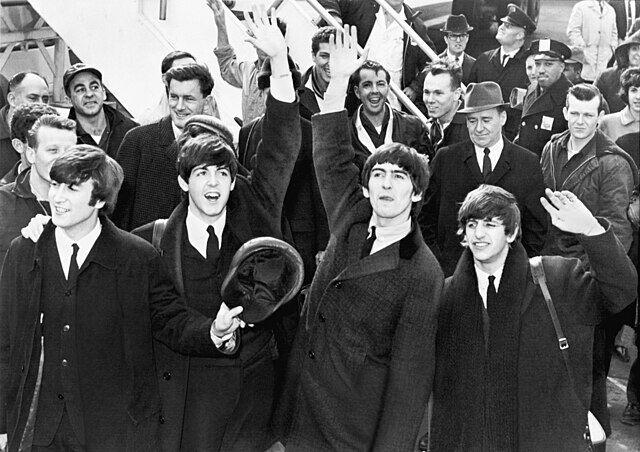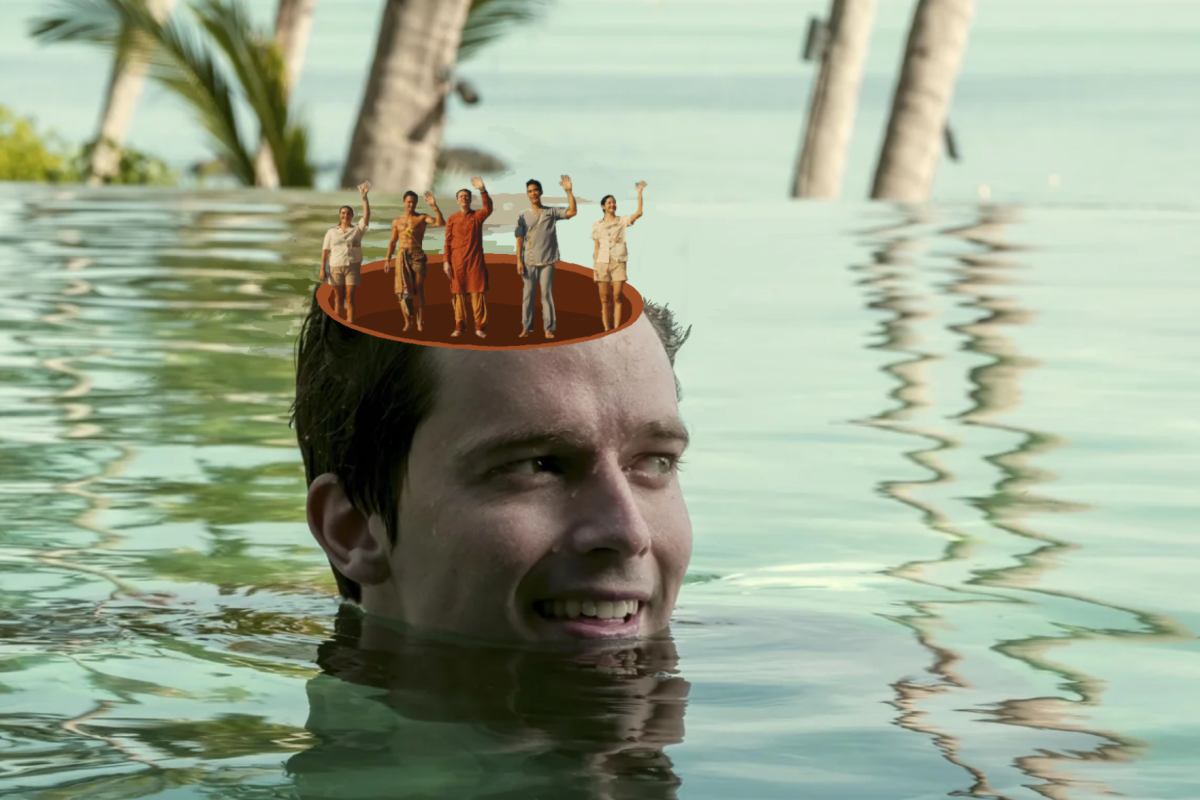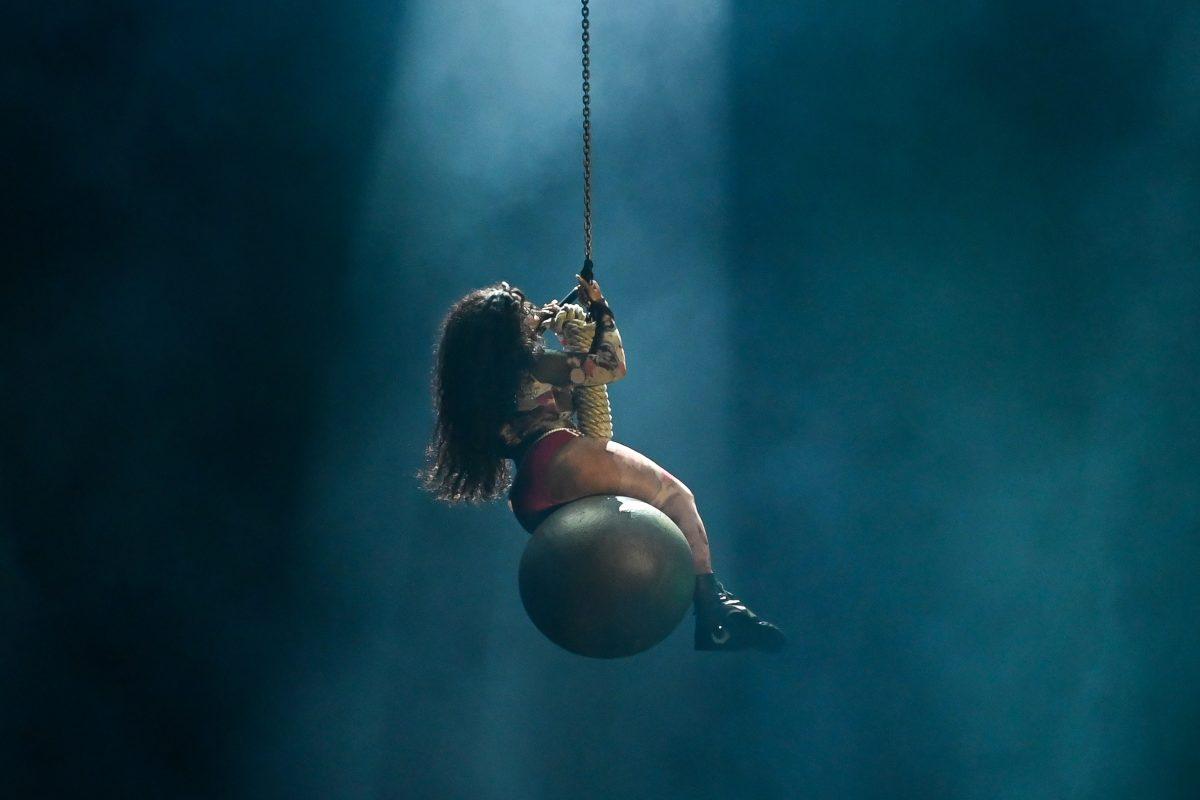Most live theaters and other performance venues are still closed indefinitely as the COVID-19 pandemic continues to sweep the nation, and even some of the most talented musicians, actors and artists struggle to find work thanks to the strict protocol implemented to prevent community spread. At NC State, faculty and staff are implementing virtual programs to keep student morale high, even in a pandemic-stricken world where the performing arts industry is tearing at the seams.
Mia Self, the assistant director of acting and directing at University Theatre, explained how difficult it was to abandon spring projects at the beginning of the pandemic.
“In the spring, we had plans for a musical that the students selected — we had plans for productions that the students would help us build and create and perform,” Self said. “All of those things were set aside for safety reasons. That was the biggest, hardest thing to go, ‘OK, this is just not going to happen.’”
Despite the immediate disappointments and the shuttering of campus last spring, University Theatre has adapted to COVID-19 thanks to their wide range of virtual programs. From UT Out Loud, where groups of students can read specially curated plays together, to Strictly Speaking, an interactive Zoom discussion with professional theatre makers, students starved for theatre don’t have to search for long to find an immersive online program to attend.
“For me, the biggest takeaway is how students are really wanting to jump in and just have experiences together,” Self said. “Doing theatre [and] making things together really helps connect people that desire to emotionally and intellectually express themselves.”
In the music sphere, instrument performance minors who are finishing up their degree have had to perform under unprecedented circumstances. Chris Taurasi, a fourth-year majoring in design studies, completed his music performance minor in alto saxophone last fall and continues to perform in the pep band and the wind ensemble despite the challenges that musicians face thanks to COVID-19.
“We’re currently meeting in person, just at a much larger section,” Taurasi said. “We perform and practice in Stewart Theatre, so that gives us more space to spread out a little more, so we’re all at a safe distance.”
Musicians are still able to practice and perform thanks to virus mitigation strategies, such as special masks that students wear as they play their instruments that generally cover the nose and mouth area.
“We have special equipment that we will use on our instruments, such as covers for the bells of the saxophone, the trumpet,” Taurasi said. “That definitely mitigates a lot of the aerosol that you’re giving off; it makes things a lot safer for performing in an in-person environment,”
According to Self, University Theatre is similarly hoping to resume in-person activities as the spring semester presses on.
“We’re hoping, as the semester continues, vaccine rollout and testing continues,” said Self. “As it becomes safer to gather, [we hope] people will be able to meet in person, somewhat, under safer circumstances.”
Given the changes to the performing arts departments, students have responded surprisingly well to online events and changes within the music and theatre minors. Instead of performing in front of a live audience, fifth-semester music performance minors now record their final recital in a video that is uploaded to YouTube for a weekend then given to the student for them to keep.
Taurasi, who recorded his recital last fall, said that there were some clear advantages to uploading the entire recital for the world to see.
“People who might not have been able to see [the recital] before, such as family I have that is a few states out, they were able to easily see it,” said Taurasi. “Even in a situation where the pandemic isn’t happening, they might not have been able to make it in general. It’s great that they were able to see it, and that I was able to distribute it.”
Theatre performance minors who were previously involved in projects can still continue their endeavors in student collaboration projects, such as The Institute and Devised 2020. These programs allow students to learn about playwriting, movement work and more, and according to Self, they’re some of the most popular.
“The Institute and Devised 2020, those are projects that students have gotten involved with,” Self said. “Those are projects that are still in process, so students who are interested can jump into those.”
Despite the hoops performance minors have had to jump through for any semblance of normalcy, the music and theatre departments have worked hard in giving students a taste of the experiences they miss the most.
“I’m definitely happy that I was still able to do this big recital as a performance minor and get my work out there,” Taurasi said. “I still think the overall experience was a good one, even despite the hurdles that I had to overcome.”


